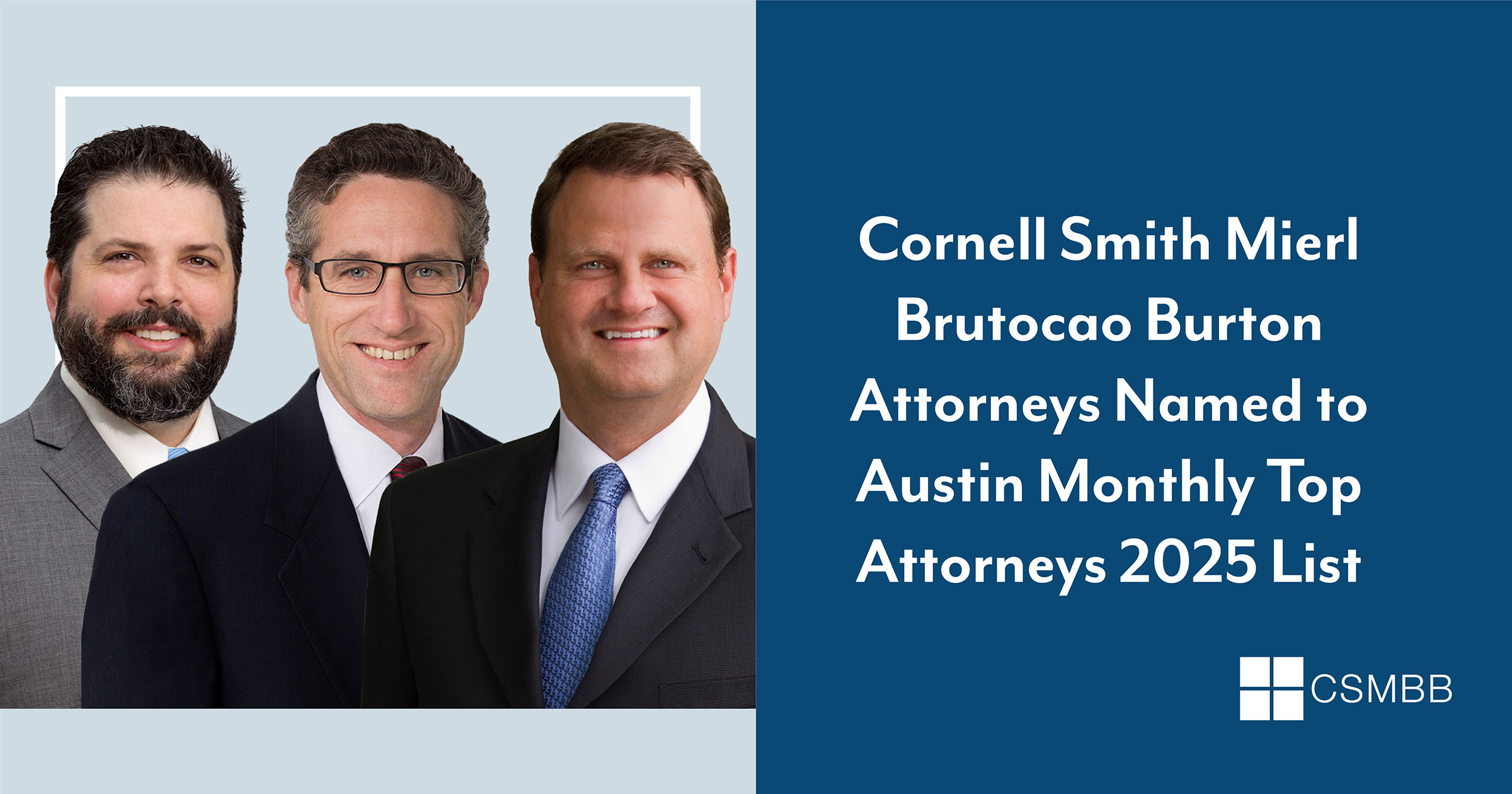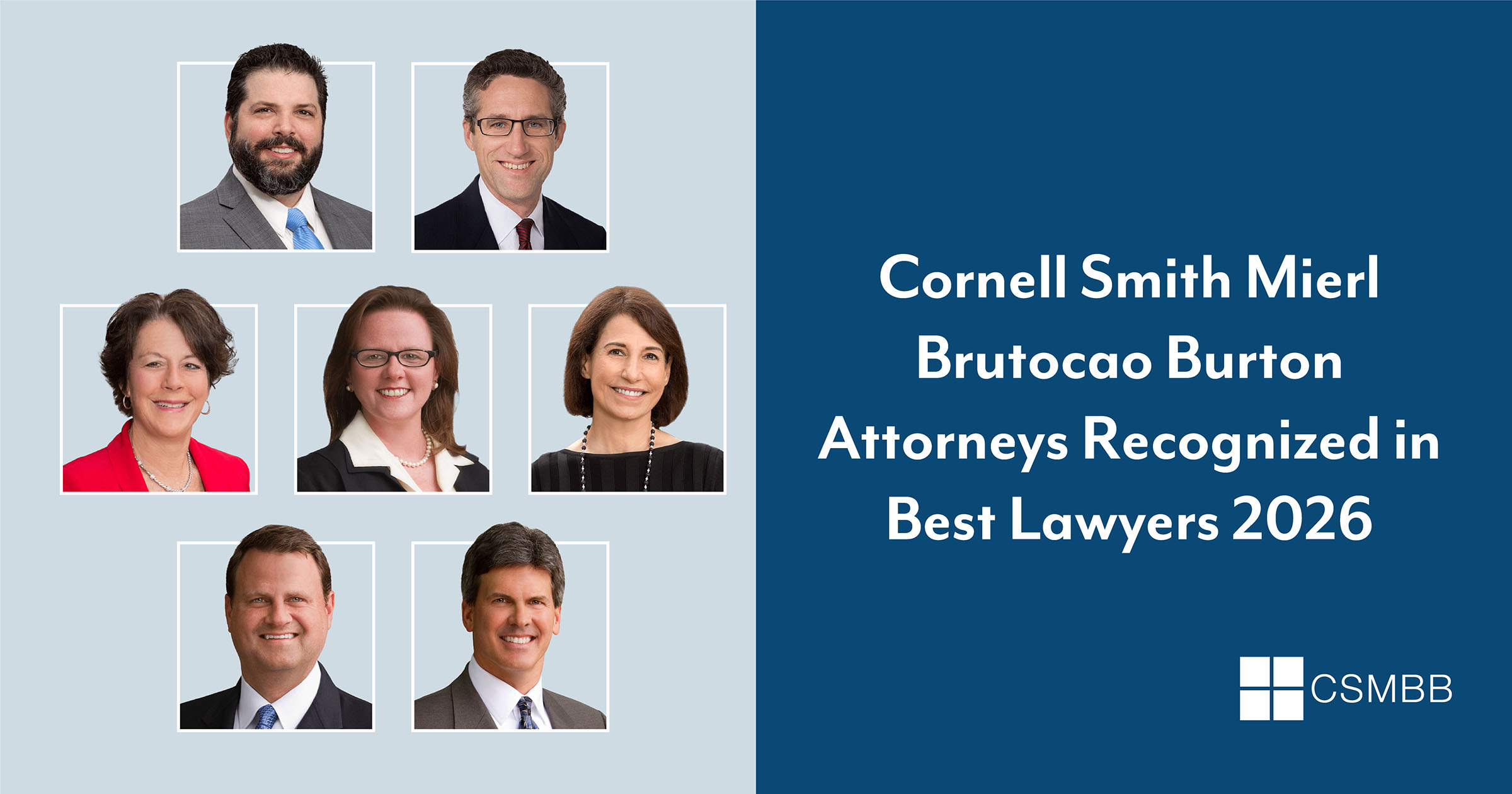FTC Proposes Rule Banning Non-Compete Clauses

Federal Trade Commission's Proposed Rule
Last Thursday, the Federal Trade Commission made waves by proposing a rule that would prohibit employers from imposing non-compete clauses on workers and require employers to rescind existing noncompetes.
Public Comment Period and Implementation Timeline
When it proposes rules, the FTC must allow a period of public comment. The public comment period on the proposed rule runs until March 7, 2023, and a final rule will be issued thereafter. Employers must comply with the final rule 180 days after that.
Key Provisions of the Proposed Rule
The proposed rule forbids employers “from entering into non-compete clauses with workers” and requires them “to rescind existing non-compete clauses.” Further, an employer may not represent to its workers that they are subject to non-compete clauses when it has no good-faith basis to believe that they are.
Definition of Non-Compete Clauses and Scope
The FTC defines a non-compete clause as any “contractual term between an employer and a worker that prevents the worker from seeking or accepting employment with a person, or operating a business, after the conclusion of the worker’s employment with the employer.” The proposed rule generally does not include reasonable non-disclosure and customer non-solicitation agreements, but based upon commentary by the FTC released with the proposed rule, it may also prohibit employee non-solicitation agreements. Notably, the rule also applies to de facto non-compete clauses, like, for instance, a contractual term requiring workers to repay their employer for training costs if their employment terminates within a certain time or a non-disclosure agreement that is written so broadly that it effectively precludes a worker from working in a similar field.
Who's Affected and Exceptions
Under the rule, “workers” include almost everyone—paid or unpaid employees, independent contractors, externs, interns, volunteers, or apprentices (but not franchisees in the context of franchisee-franchisor relationships). And the only exception is that the rule won’t apply to clauses entered into by a person selling a business entity, or a large portion of its operating assets, or otherwise disposing of the person’s ownership interest in the entity when the person restricted by the noncompete is a substantial owner of the entity (defined as a minimum of 25% ownership) when he or she enters into the noncompete.
As mentioned, even existing non-compete clauses aren’t safe. According to the proposed rule, employers would be required to rescind existing clauses by the compliance date and provide notice to their current and former workers that the clauses are now unenforceable. The FTC has provided model language that employers can use to comply with this notice requirement. Further, the proposed rule would supersede any state law that permits noncompetes. So, if the proposed rule is finalized as currently written, every new and existing non-compete clause throughout the country, with minor exceptions, would instantly become unenforceable.
Uncertainty Surrounding the Proposed Rule
For now, the proposed rule has just entered the public comment period, so it certainly may change, or it may even be withdrawn. The FTC could grant exceptions for certain executive employees, or it could create different standards for employees depending on their compensation. Further, due to expected legal challenges, it’s unclear whether the rule will even become final and enforceable. However, a rule on non-compete clauses—in some form—might emerge from this process.
Stay Informed with Cornell Smith Attorneys
Attorneys at Cornell Smith are vigilantly tracking all developments and will provide updates as they occur. Should you have any questions, or if you would like assistance in submitting a comment to the proposed rule, please do not hesitate to contact the Cornell Smith attorney with whom you regularly work.





